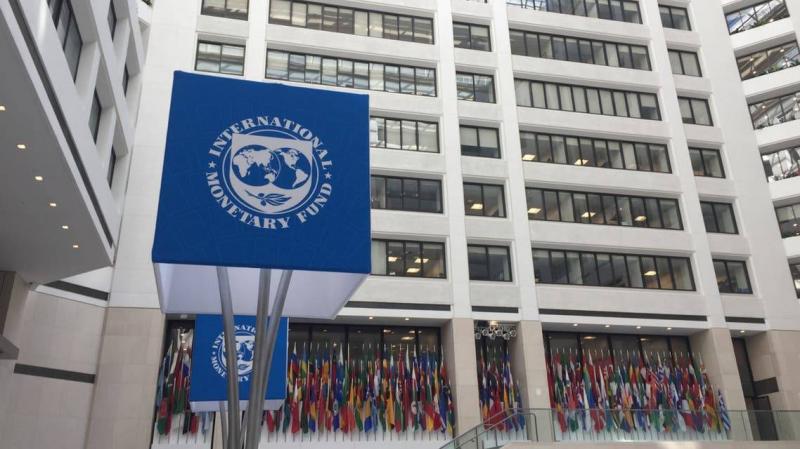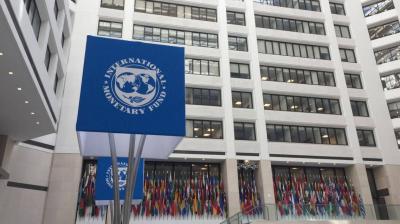The newspaper "Anbaa" reported: The Russian-Ukrainian war is entering its first week with ongoing military operations intensifying as Moscow's forces advance on the ground to impose equations and conditions in the negotiations that both parties began on the Ukrainian-Belarusian border. The first session did not yield any positive results, and another round is expected to be held today. Militarily, Moscow continues to mobilize its forces on the Kyiv border, having sent large military convoys earlier to support its operations.
Returning to the domestic file, the visit of a delegation from the International Monetary Fund (IMF) and another from the U.S. Treasury to Lebanon to meet with the three presidents was notable. The IMF delegation's visit comes after the completion of initial consultations to convey the IMF's perspective to the Lebanese authorities, which is evidently negative concerning the Lebanese crisis and the methods of addressing it.
Economic expert Walid Suleiman revealed that “the IMF delegation returned to Lebanon to review the plan proposed by the government, which was not approved, and it will raise the main points required for progress in the negotiations, which are based on:
- Implementing more reforms and correcting public financial policies
- Approving a more realistic budget
- Approving and implementing account cuts
- Committing to constitutional deadlines concerning these files
- Unifying the exchange rate amid the current multiplicity
- Identifying and distributing losses.”
In a conversation with the "Anbaa" electronic newspaper, Suleiman pointed out that the last point will be crucial in the negotiations with the IMF, especially since it did not approve the preliminary distribution of losses, which was previously agreed upon, as it places the heaviest burden on depositors amid the failure of the responsible parties to assume their responsibilities.
He highlighted that “the IMF delegation is expected to return at the end of March, which means in less than a month—a short period in which I doubt the authorities will implement any reforms or pass any required laws, and what is happening today in dealing with the file is akin to fleeing forward.”
On another note, the date for the parliamentary elections is approaching, increasing daily concerns about the possibility of some dark rooms disrupting the elections if holding them is not in their interest. As time progresses, the issue of legal deadlines for nominations and preparing lists becomes more prominent, and in this context, it is noted that the movement remains timid, and the numbers of candidates are few so far.
Constitutional expert and university professor Adel Yammine mentioned that “the deadline for election nominations ends 60 days before the date of the proceedings, which means that March 15 is the final date. It is worth noting that a candidate can withdraw their nomination 45 days before the election.”
He assured in a call with the "Anbaa" electronic newspaper that “procedures are proceeding swiftly without delays in deadlines, and coordination between the ministries of interior and foreign affairs is ongoing to ensure the holding of expatriate elections as well,” emphasizing the need to conduct them on time without any delays, to grant the people the right to determine their own fate.




